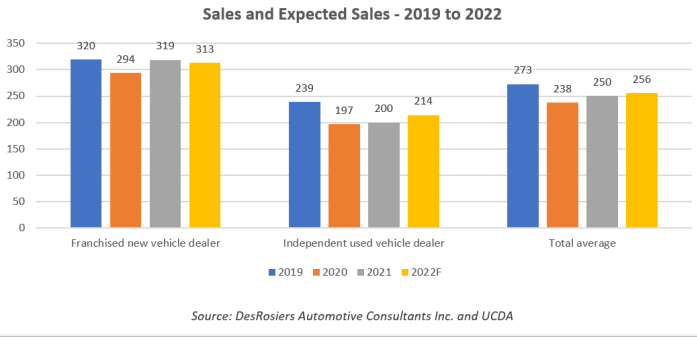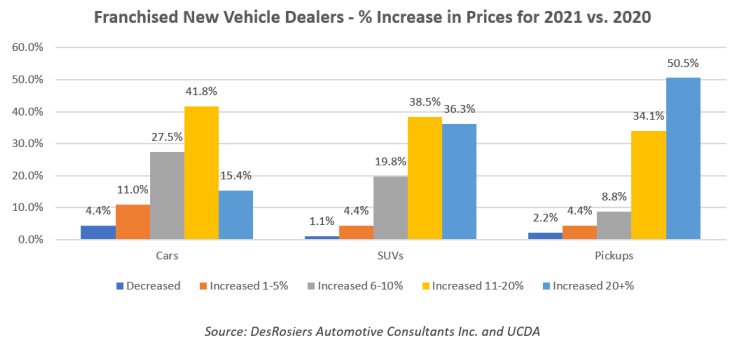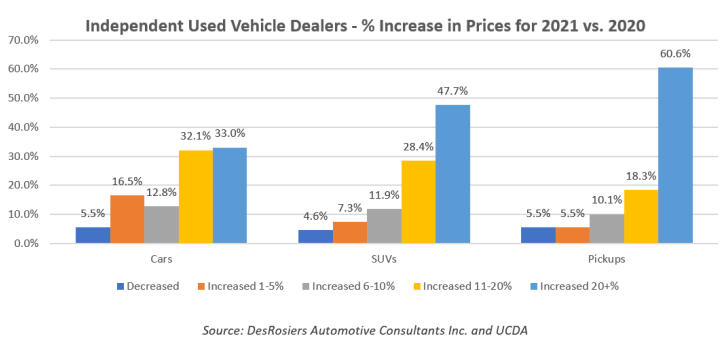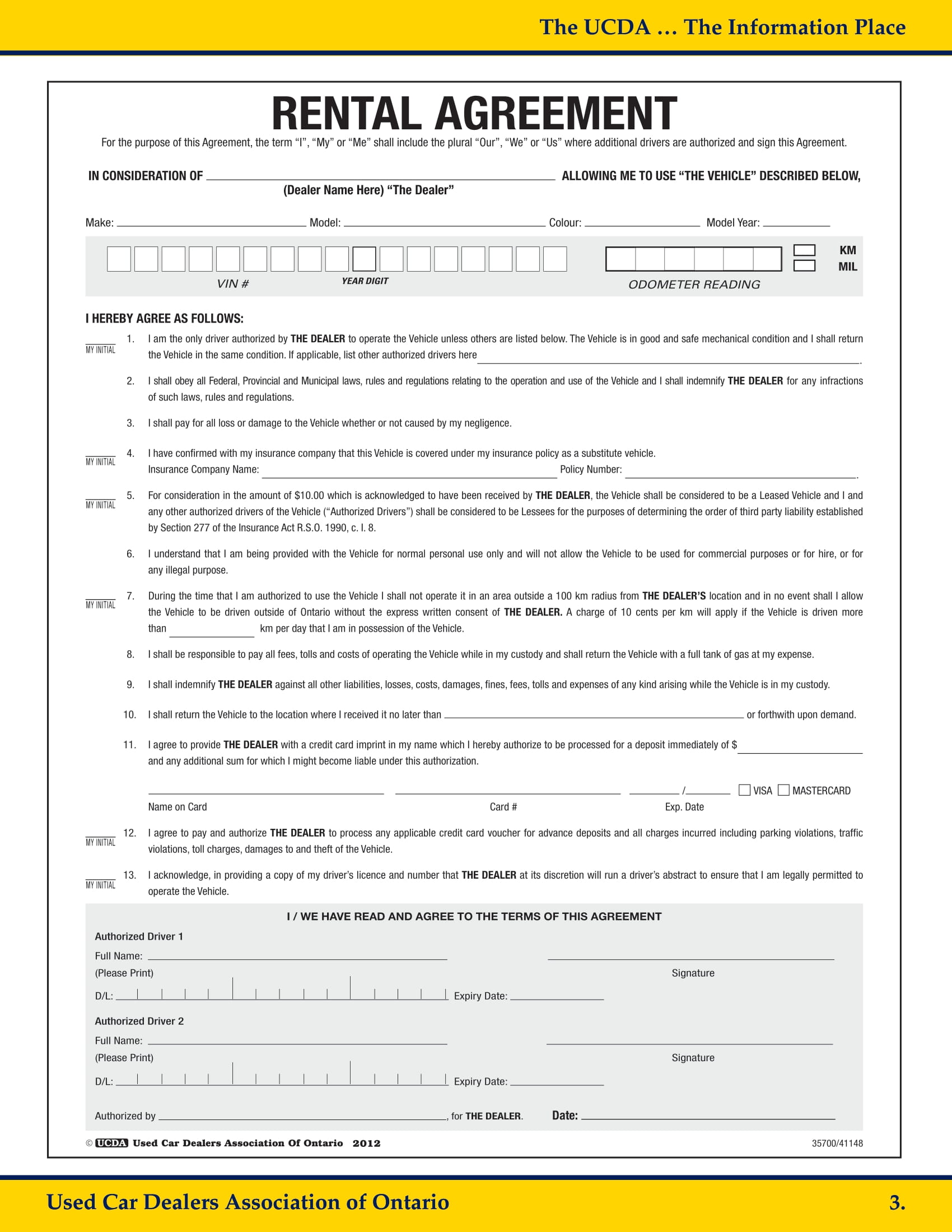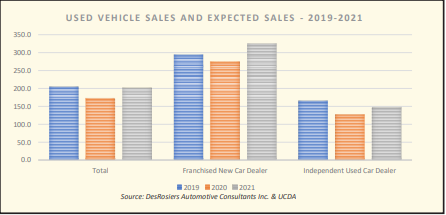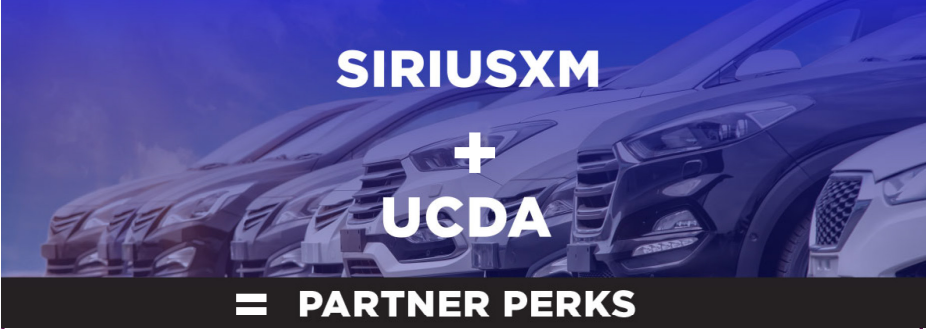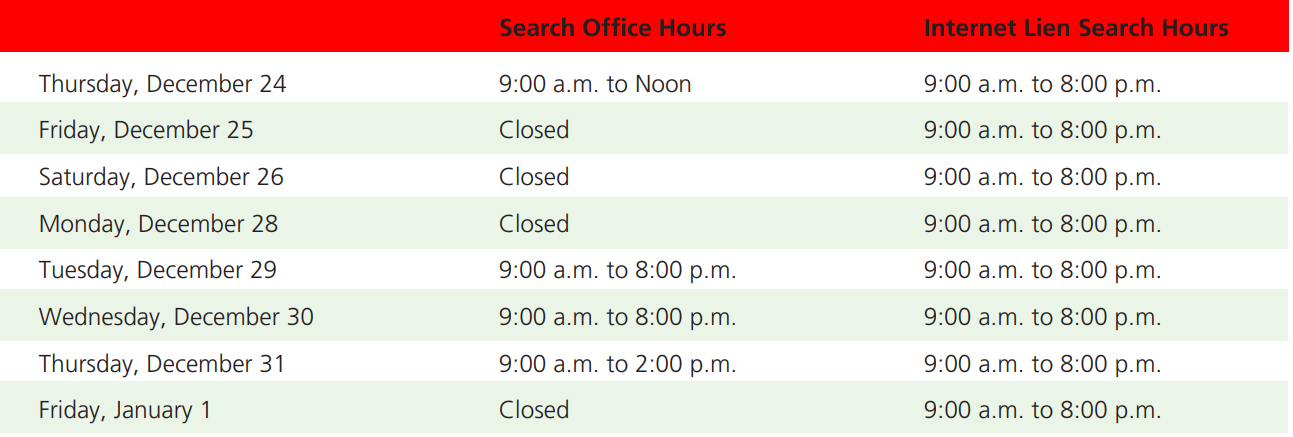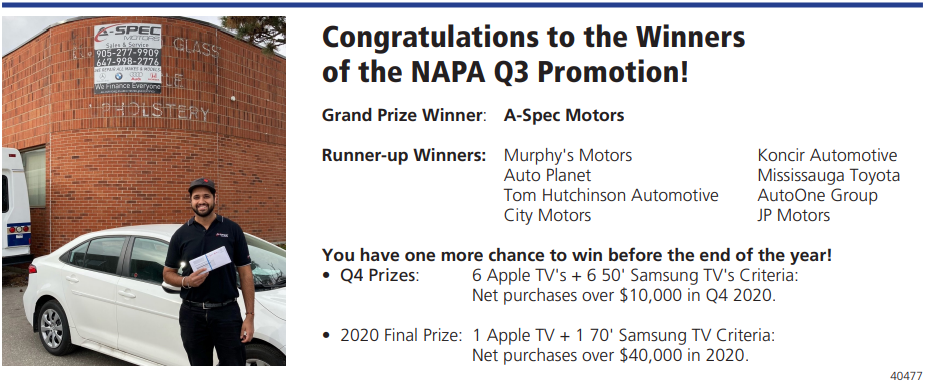
Digital Dealer Registration Testing Begins
As we first reported in the January issue of Front Line, the Ontario government has now announced that new vehicle registration and plating can be done online at a selected group of new vehicle dealers who are testing the digital process. While the timing is not yet known, this will eventually expand to used vehicles and used car dealers who meet yet to be announced security and privacy criteria.
The government officially announced its new “Digital Dealership Registration” (DDR) program on March 22 in London. Twenty new car dealers are participating in the initial testing in various parts of the Province. Dealers using DDR will not need to go to Service Ontario offices to register new vehicles, obtain new vehicle permits or plates for customers.
Used vehicles are not yet part of the program.
Once fully implemented, the new DDR process will allow over 7,000 Ontario dealers access to an online program that will eliminate duplicative paperwork and time consuming trips to Service Ontario offices. Eligible dealers will be able to provide registration and licence plates directly to customers, reducing the administrative burden and saving dealers and customers money and time.
DDR will eventually help move online up to 4.8 million dealership registration transactions annually including the registration of used vehicles, vehicle transfers, and vehicle permit replacements, without having to make a trip to a licence office.
In addition to making vehicle registrations faster and more efficient, the government says DDR will also facilitate more accurate and error free registrations while protecting the security and privacy of personal data. This is a major step in the government’s plan to provide secure digital solutions to the people and businesses of Ontario.
“Our government is reducing red tape for car dealerships by eliminating repetitive paperwork and trips to the registration office,” said Nina Tangri, Associate Minister of Small Business and Red Tape Reduction. “With the introduction of Digital Dealership Registration, businesses will save time and money and customers will be able to enjoy their new vehicle sooner.”
Other than the initial group participating in the testing, the government is not yet inviting interested dealers to apply to join DDR. They have also not announced what specific security and privacy requirements will be necessary for a dealer to be eligible to join DDR, or if the government will provide assistance with the cost of meeting those requirements.
Service Ontario offices are not disappearing. They will remain open and will continue to process vehicle registrations, transfers and issue licence plates for both the public and dealers.
Members who would like to be part of the DDR program should continue to watch for further announcements in Front Line and UCDA Dealer Alerts.
Quebec Purchases
As most dealers know it is crucial to get the permit when buying a vehicle, especially one from another Province. Recently a member was up a creek after buying a car from Quebec from a private seller who had lost their Quebec permit.
Because it was registered as “Sold” on their system, Quebec would not or could not issue a replacement “lost” permit, so we reached out to Service Ontario and this is what they said:
- If the trade was with another dealer, they may have the Preuve d’Enregistrement form which is issued as proof of registration by motor vehicle dealers in Quebec and may be accepted instead (this document is issued by a certified Quebec dealer and replaces the original Quebec vehicle registration).
- If the trade-in was from a customer or if the dealer doesn’t have the document above, they can get written confirmation from the Registrar of the previous jurisdiction. The SAAQ (the Quebec Ministry) could write a letter confirming the vehicle information on file but is not a permit. It’s important to note that if the SAAQ would be faxing this, it has to be sent directly to the Service Ontario office that is facilitating the transaction.
Expired Indian Status Cards
In a concession to the ravages of COVID on every aspect of our economy for the last two years, Indigenous Services Canada was advising merchants that they could accept expired Certificate of Indian Status Cards for tax exempt purchases by Status Indians.
As many dealers already know, this card is crucial to establishing Indian Status for the purpose of exempting a Status Indian purchaser from paying HST on the sale of a motor vehicle (they only pay 5% if delivered at the dealership and no tax if the vehicle is delivered by the dealer to a reserve).
This concession ends as of May 1, 2022. After this date, expired cards are no longer to be accepted for this purpose. Members should charge the applicable tax if the Status Indian Card has expired
For more information on the subject of sales to Status Indians generally, please feel free to visit the UCDA website at:
Free OMVIC Key Elements Course Taught By The UCDA
OMVIC Key Elements Course webinars, taught by UCDA instructors, are still free for dealers and salespeople who have not taken the OMVIC Certification Course since January 1, 2010, or who have never taken the Course at all.
If that describes you, or members of your sales staff, don’t miss out on this unique opportunity to improve your knowledge and become Certified in Automotive Law and Ethics (C.A.L.E.) FREE of Charge.
The half-day webinar is taught by one of the UCDA’s three dynamic instructors.
This is a limited time offer. It won’t last forever!
And there’s more! If you qualify (and of course pass the exam) you’ll also receive a refund from OMVIC for one year of your previously paid dealer or salesperson registration fees.
So what are you waiting for?
If you haven’t taken the OMVIC Certification Course since January 1, 2010, or if you’ve never taken it at all, contact Michelle at education@ucda.org and register for a webinar TODAY before they fill up.
You’ll be glad that you did!
Two Tier Pricing
Continuing on the theme of strange industry developments resulting from the inventory crunch that we have written about lately, comes two-tier pricing.
This is the practice some dealers have adopted to advertise a vehicle for sale at one price for cash purchasers and another price, usually lower, for finance customers. Indeed, some dealers advertise cars for sale for finance only with no cash purchase option.
Why dealers do this may have a good deal to do with the fact financed deals attract incentives that are more lucrative than a straight cash sale and, with so few vehicles, dealers are looking for a bigger bang for their buck … but is it “legal”?
We asked OMVIC about this practice near the end of last year as we were getting calls from both dealers and consumers (some rather angry) about the practice.
This Is What OMVIC Says …
It is legal. Ultimately, OMVIC’s view is that advertising a finance-only price is an acceptable practice as long as the advertisement includes all the required disclosures in a clear, comprehensible, and prominent manner.
In particular, for those dealers seeking to advertise a price “for finance only”, OMVIC expects that the advertisement will clearly disclose that the price is in fact a “Finance price only”, not to be confused with a cash price.
Clearly identifying what the price represents will reduce misrepresentation and help consumers better understand what the price is reflective of.
New Vehicle Luxury Tax Update
The new luxury car tax is coming into effect on September 1, 2022, for NEW vehicles costing more than $100,000.
The final form this tax will take is still not fully settled, as the Feds have put the proposal out for public comment again, but we are in the home stretch now. If you’d to like read about the tax please find the link here:
To submit comments, the Department of Finance, Canada, invites emails to fin.luxury-luxe.fin@fin.gc.ca.
By way of a reminder, as written in previous Front Lines, the tax DOES NOT APPLY TO USED VEHICLES.
Safety
On occasion, consumers will call the UCDA with concerns about paperwork. Sometimes, they complain, they were not given a copy of their bill of sale or safety.
We think most dealers know the buyer is required to receive a copy of the bill of sale, but it may be that some dealers do not know that the law also requires, on the sale of a certified vehicle, that the buyer has to be given a copy of the Safety Standards Certificate.
This is what the Motor Vehicle Dealers Act says:
Contracts for sales of used motor vehicles
40. (2) A registered motor vehicle dealer shall ensure that any contract that the dealer enters into to sell a used motor vehicle to a purchaser who is not another registered motor vehicle dealer includes, in a clear, comprehensible and prominent manner, the following:
4. If a current safety standards certificate under the Highway Traffic Act has been issued for the vehicle, that certificate … (the bold is our emphasis)
Please make sure on every such sale both the contract and the Safety are provided to the consumer. If you need to make a copy of the Safety for your file, photocopies will do.
Dealer Quiz
- The Motor Vehicle Dealers Act prohibits acting as a dealer without registration by OMVIC (i.e. curbsiding) the minimum fine for which is:
a) $2,500
b) $500
c) $5,000
d) $1,500
e) $1 - The minimum fine for acting as a salesperson when not registered with OMVIC is the same as acting as a dealer without registration (i.e. a curbsider):
True or False? - A corporation convicted of an offence under the Motor Vehicle Dealers Act can face a fine as high as:
a) $5,000
b) $1,500
c) $2,500
d) $250,000
e) $1 - A general dealer can buy vehicles from nondealers, but they do not have to pay them tax except:
a) if the seller is from out of province
b) if the seller is an GST/HST registrant
c) if the vehicle is older than 15 model years
d) when the trade-in value is under $10,000
e) if the vehicle is red - True or False, the 10th digit of a VIN indicates the year a vehicle was built?
True or False?
Free Plate Renewals
The Ontario Government recently announced a series of sweeping measures to save Ontarians money on plate renewals. Naturally, most of the press reports focused on the advantages to consumers who will get refunds for fees already paid and be relieved, going forward, from having to pay to renew their plates.
Many dealers asked about the effect on business, because media reports were sparse on details there.
The answer is while businesses will not be receiving refunds for renewal fees already paid, they will not have to pay plate renewal fees, for regular white plates, dealer plates and service plates, as of March 13, 2022. For example, on a dealer plate, this represents a savings of $175.
The MTO Says …
“For vehicles registered to companies or businesses, refunds would not be provided and unpaid renewal fees for the period of March 2020 to March 2022 would be required to be paid starting as of October 1, 2022.
If approved, beginning March 13, 2022, renewal fees and the requirement to display a validation sticker will also be eliminated for vehicles that are owned by a company or business. The government is proposing to extend validation for passenger vehicles, light-duty trucks, motorcycles and mopeds owned by companies or businesses until September 30, 2022, to provide more time to pay outstanding fees.”
Estate Sales
With an increasingly aging population, the sad reality is that more people are passing away. Even funeral homes are seeing the surge in numbers (obviously Covid is not helping). As a result, dealers are being asked by bereaved families to buy vehicles once owned by the deceased.
There are pitfalls to this, of course. The first and most important one is, “Who has the legal authority to sell a vehicle to a dealer when the owner has died?”.
When a person dies, their assets can be dealt with in any number of ways. If a vehicle was owned jointly, say by a husband and wife, and the husband dies, all the widow has to do is go to a Service Ontario licence office and have the vehicle registered to her name (they will need proof of death like a death certificate).
If the deceased had a Will, then you need to see that and a death certificate. It is best to wait until the Will has been formally ‘probated’ which means a court has approved the Will as genuine and effective. The “Executor” under the Will or “Administrator with a Will” is the person who can sign the contract and legally sell the vehicle to you. Keep a copy of the documents in your file.
If the person died without a Will, then the family will need to obtain a Court Order appointing someone as the “Administrator without a Will” who can act to sell Estate assets, like vehicles, to folks like you. Obviously you will need to see that Court Order. Again, we suggest you keep a copy in your file.
In any case, it is not advisable to make payment to individuals in such a case. Payment should be made to “The Estate of the Deceased”. It is the job of the Executor or Administrator to then take the funds and distribute them to beneficiaries in accordance with the Will or other legal entitlements.
A dealer is not in a position to make those assessments, which is why you should never make payments to individual family members, spouses, children and so on. If you make wrong decisions, you could be faced with angry beneficiaries, or worse, lawsuits.
Answers
- The answer is a). Prohibition
4. (1) No person shall,
(a) act as a motor vehicle dealer unless the person is
registered as a motor vehicle dealer under this Act;
…
(4) The minimum fine upon conviction for an offence
under subsection 4 (1) is $2,500. 2002, c. 30, Sched. B,
s. 32 (4). - True. Prohibition
4. (1) No person shall,
(b) act as a salesperson unless he or she is registered
as a salesperson. 2002, c. 30, Sched. B, s. 4 (1).
…
(4) The minimum fine upon conviction for an offence
under subsection 4 (1) is $2,500. 2002, c. 30, Sched. B,
s. 32 (4). - The answer is d).
Part III Prohibitions re: Practice Prohibition
4. (1) No person shall,
…
Penalties
(3) An individual … and a corporation that is convicted
of an offence under this Act is liable to a fine of not
more than $250,000. 2002, c. 30, Sched. B, s. 32 (3). - The answer is (b).
- True.

